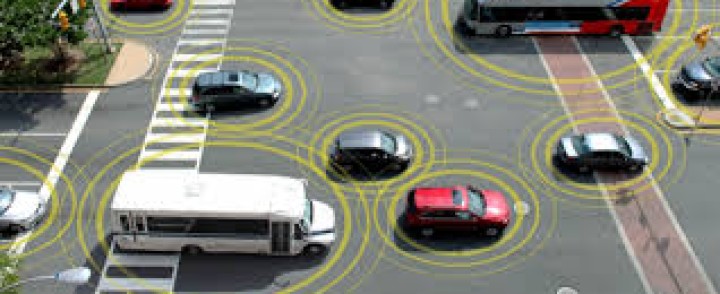Intel predicts autonomous cars will spawn a ‘passenger economy’
Intel and market researcher Strategy Analytics have applied their collective brainpower to the impact of self-driving cars, and they’re predicting that we’ll see a “Passenger Economy” emerge from all of the services targeted at people while they are no longer driving their cars. By 2050, Intel and Strategy Analytics made the astounding prediction that the passenger economy will have a $7 trillion economic impact.
The companies estimated that the passenger economy (services to fill the idle time while you ride in a car) would be more than twice the size of the sharing economy (based on companies such as Uber or Lyft that share resources across many people) by 2050.
I have to remark how easy it is to ridicule this research. Economists have a hard enough time predicting economic change on a monthly basis. Intel paid Strategy Analytics to look at the economy 33 years from now, and it came up with a figure for the passenger economy being worth $7 trillion in 2050. Despite my light-hearted skepticism, Intel and the researchers are dead serious about the huge impact that self-driving will have.
Qualcomm recently looked into the same thing, starting with some very different assumptions. Qualcomm paid for a research paper created by David Teece, professor at the University of California at Berkeley, and market researcher IHS Markit to assess the impact of 5G mobile technology — which Qualcomm is playing a big hand in bringing about — on the economy. That report said 5G would create 22 million jobs and $12.3 trillion in impact on goods and services by 2035.
These predictions are surely going to be wildly off the mark, but I won’t be around to check — unless of course there are some real breakthroughs in biotechnology that will keep my brain intact. My prediction is that, thanks to Donald Trump’s withdrawal from the climate change accord, that the headquarters of both Intel and Qualcomm will be underwater by 2050.
- Intel predicts a ‘passenger economy’.



